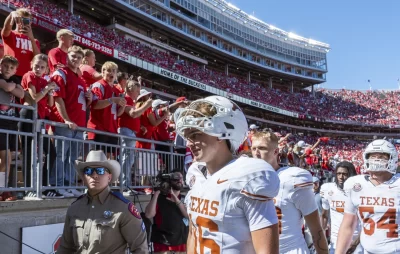
Alaska’s Republican caucus is part of Super Tuesday and marks a pivotal moment for the state’s GOP as voters select their preferred nominee for the upcoming presidential election. The primary reflects a divided sentiment within the party, with former President Donald Trump and former U.S. ambassador Nikki Haley on the ballot.
Prominent Alaska Republicans have thrown their support behind Trump, including Governor Mike Dunleavy, Lt. Gov. Nancy Dahlstrom, and U.S. House candidate Nick Begich. However, Haley has garnered endorsements from notable figures such as Republican U.S. Senator Lisa Murkowski and several state lawmakers, underscoring the competing factions within the party.
Unlike traditional state-run elections, Alaska’s Republican caucus is organized by the party itself. Polling locations are open across the state from 3 to 8 p.m. AST, with stringent requirements for voter identification. Registered Republicans are eligible to participate, with the option to change party affiliation on-site if necessary.
According to Alaska Public Media, the party expects to report results Tuesday night on its social media pages, with final results coming on March 11. The allocation of Alaska’s 29 delegates to the Republican National Convention in July will hinge on the primary results.
Candidates must secure at least 13% of the vote to be eligible for any delegates, with allocation proportional to their share of the vote. Alaska’s Republican Primary coincides with Super Tuesday, joining 14 other states and one territory in selecting their preferred nominee.
Trump currently leads Haley 276-43 in the delegate count heading into the evening, with 1,215 needed to win the nomination.







